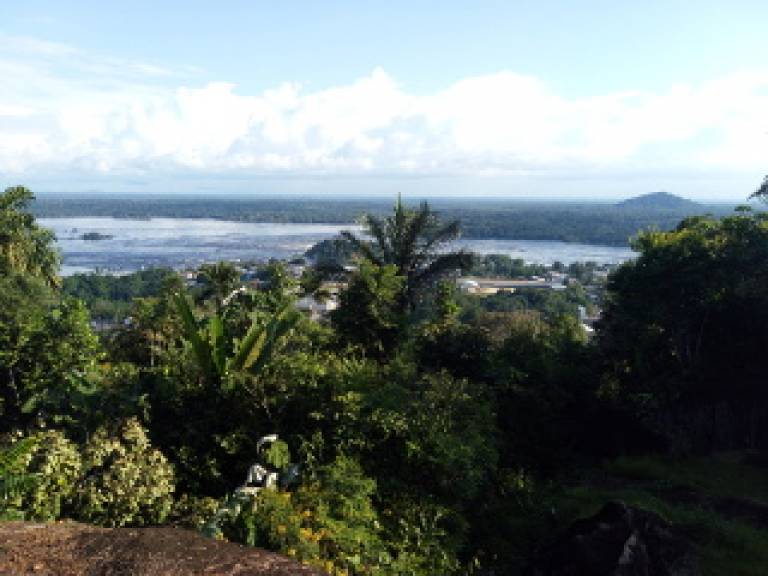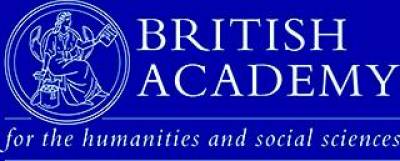Manuel Arroyo-Kalin awarded British Academy funding to tackle UN's Sustainable Development Goals
2 October 2018
The British Academy has awarded funding to Manuel Arroyo-Kalin, under its Sustainable Development Programme, to pursue research designed to help tackle the United Nations' Sustainable Development Goals.

Manuel's collaborative project, Memorialising Ancestral Landscapes through Inter-Cultural Heritage Making in the Brazilian Northwest Amazon, which has received just under £300k funding, involves researchers from the Federal University of São Carlos (UFSCAR), the Instituto Socioambiental (ISA), the Museu da Amazônia (MUSA) and Museu Paraense Emílio Goeldi-MCTI (MPEG) in Brazil, and seeks to foster a reflexive practice of Indigenous Heritage Making in the Negro River Indigenous Area, a semi-autonomous territory in the Northwest Amazon that is inhabited by ethnically-diverse indigenous peoples.
The project will engage both indigenous peoples and academically-trained researchers to undertake anthropological, historical, and archaeological research, and to disseminate resulting novel understandings about the region's indigenous history. The aim of the project is to better document the antiquity and characteristics of indigenous occupations in this area, producing evidence that is pertinent to ongoing self-determination efforts, helping to strengthen resilience and adaptability to climate change.
The Sustainable Development Programme, which is supported by the UK Government's £1.5bn Global Challenges Research Fund, supports projects which demonstrate innovative and interdisciplinary approaches to one or more of the programme's key sub-themes of heritage, dignity, and violence and has already made 16 awards under its first phase (launched in 2016).

Manuel is among 27 distinguished academics, to receive funding from the Academy, the national voice of the humanities and the social sciences, under the Sustainable Development Programme which supports researchers working to generate evidence on the challenges and opportunities faced in developing countries.
 Close
Close

